The soul of music Barış Manço
Barış Manço
Mehmet Barış Manço, born Tosun Yusuf Mehmet Barış Manço on 2 January 1943 and passing away on 1 February 1999, was a prominent Turkish rock musician, singer, composer, actor, television producer, and show host. Using the stage name Barış Manço, he began his musical journey while attending Galatasaray High School. Manço played a crucial role in pioneering rock music in Turkey and was one of the key figures in shaping the Anatolian rock genre. His musical legacy includes approximately 200 compositions, making him one of the best-selling Turkish artists and a recipient of numerous awards.
Barış Manço's influence extended beyond Turkey, with many of his songs translated into languages such as English, French, Japanese, Greek, Italian, Bulgarian, Romanian, Persian, Hebrew, Urdu, Arabic, and German. His impact on the global music scene solidified his reputation as a cross-cultural musical icon.
In addition to his musical career, Manço was also known for his television program, "7'den 77'ye" From 7 to 77, where he traveled around the world, visiting numerous countries. Even after his passing, Barış Manço remains one of Turkey's most beloved and enduring public figures.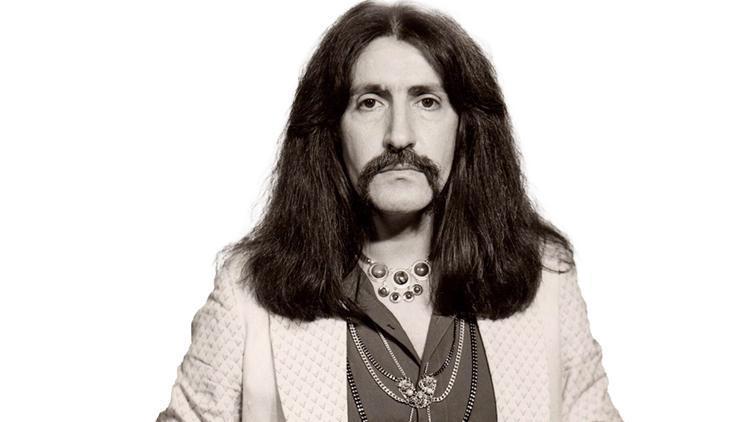
Barış Manço was born on 2 January 1943 in Üsküdar, Istanbul, Turkey. Originally from Adana, his mother, Rikkat Uyanık, was a renowned singer in the early 1940s. Born during World War II, Manço's older brother was named Savaş ("War" in Turkish), while he was named Barış ("Peace" in Turkish) by his parents to symbolize the end of the war. Additionally, at birth, he was given the name Tosun Yusuf after his late uncle Yusuf, who was affectionately nicknamed Tosun (literally: Joseph the Sturdy). However, this additional name was removed just before he started primary school.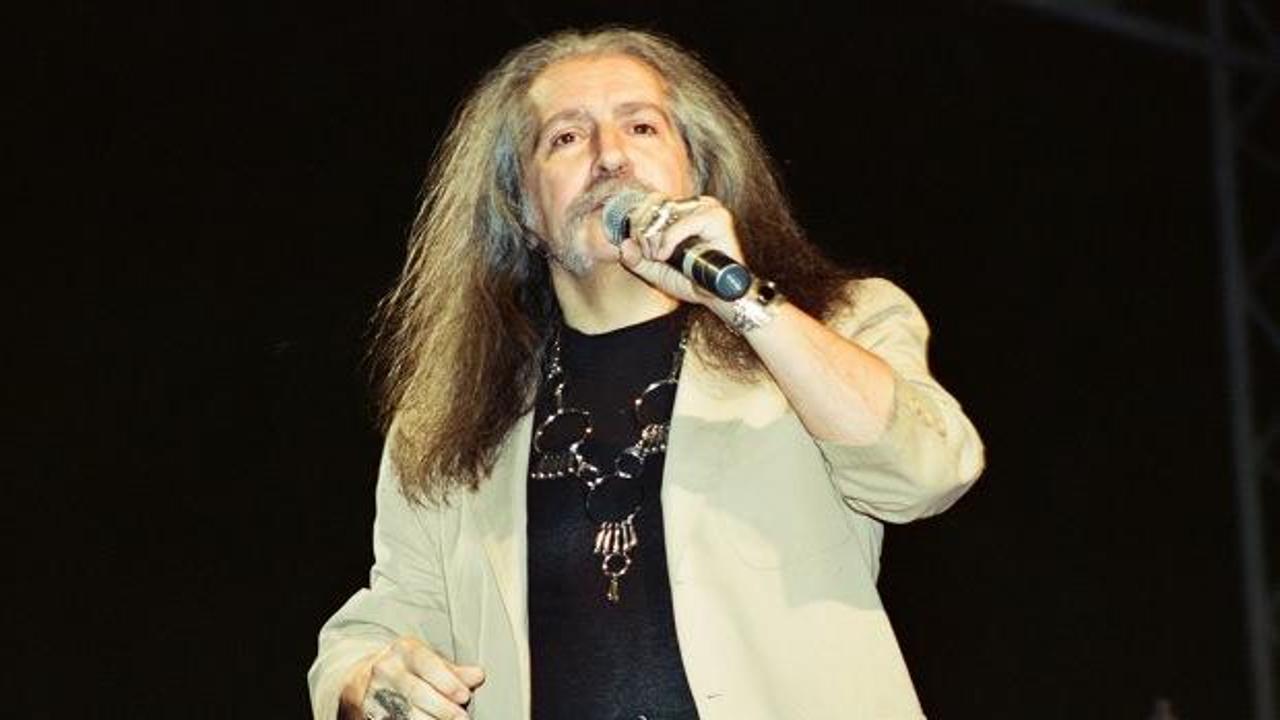
While attending Galatasaray High School and later Şişli Terakki High School in the 1950s, Barış Manço formed his inaugural band named "Kafadarlar" (The Buddies). The inspiration for this band reportedly came after witnessing a performance by Erkin Koray's band, all of whom were students at the nearby Deutsche Schule Istanbul (İstanbul Alman Lisesi). Notably, Prof. Dr. Asaf Savaş Akat, a renowned economist in Turkey, played the saxophone in the band, and guitarist Ender Enön crafted his own guitar due to the scarcity of real ones in the market during those years. This early musical venture marked the beginning of Barış Manço's influential journey in the Turkish music scene.

In 1962 and 1963, Barış Manço, with his subsequent band "Harmoniler" (The Harmonies), embarked on recording cover versions of popular American twist songs and reimagined Turkish folk songs in a rock and roll format. This period marked the inception of the Anatolian rock movement, characterized by the fusion of Turkish folk music with rock elements. During this time, Barış Manço's primary visual and musical inspiration was Elvis Presley, making the legendary American musician a key influence in shaping Manço's artistic direction and style. The Anatolian rock movement would later become a significant and distinctive genre in Turkish music, with Barış Manço playing a pioneering role in its development.
Following his high school graduation in 1963, Barış Manço ventured to Europe, making stops in Paris and Liège. During this period, he collaborated with local musicians, forming bands and recording several singles, primarily in English and French, but also in Turkish. In 1964, he decided to resume his studies and enrolled at the Royal Academy of Fine Arts in Liège, Belgium. Throughout these years, Manço continued his musical pursuits and toured with his band Les Mistigris (unrelated to Mistigris) across Germany, Belgium, France, and Turkey, solidifying his presence in the European music scene until 1967.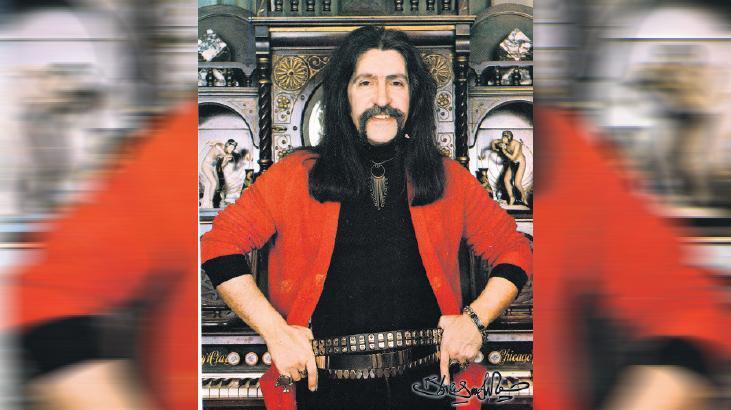
Following the success of "Dağlar Dağlar," Barış Manço collaborated with Moğollar (The Mongols), another influential Turkish Anatolian rock band, recording a couple of singles. Subsequently, he made the decision to return to Turkey and recorded with the reformed Kaygısızlar for a brief period. In 1971, his earlier works were compiled into his first full-length album titled "Dünden Bugüne" (From Yesterday to Today), which is now commonly referred to as "Dağlar Dağlar" after its notable track. This album marked a significant milestone in Barış Manço's career, capturing the essence of the Anatolian rock movement and solidifying his position as a key figure in Turkish music.
In 1972, Barış Manço established the legendary band "Kurtalan Ekspres," which remained a steadfast companion throughout his musical career until his passing. While consistently releasing singles, he took a significant step in 1975 with the release of his first non-compilation LP titled "2023." This album was a concept album, featuring a variety of instrumental pieces alongside other compositions. "2023" showcased Barış Manço's versatility and experimentation in his musical expression, contributing to his continued impact on the Anatolian rock scene.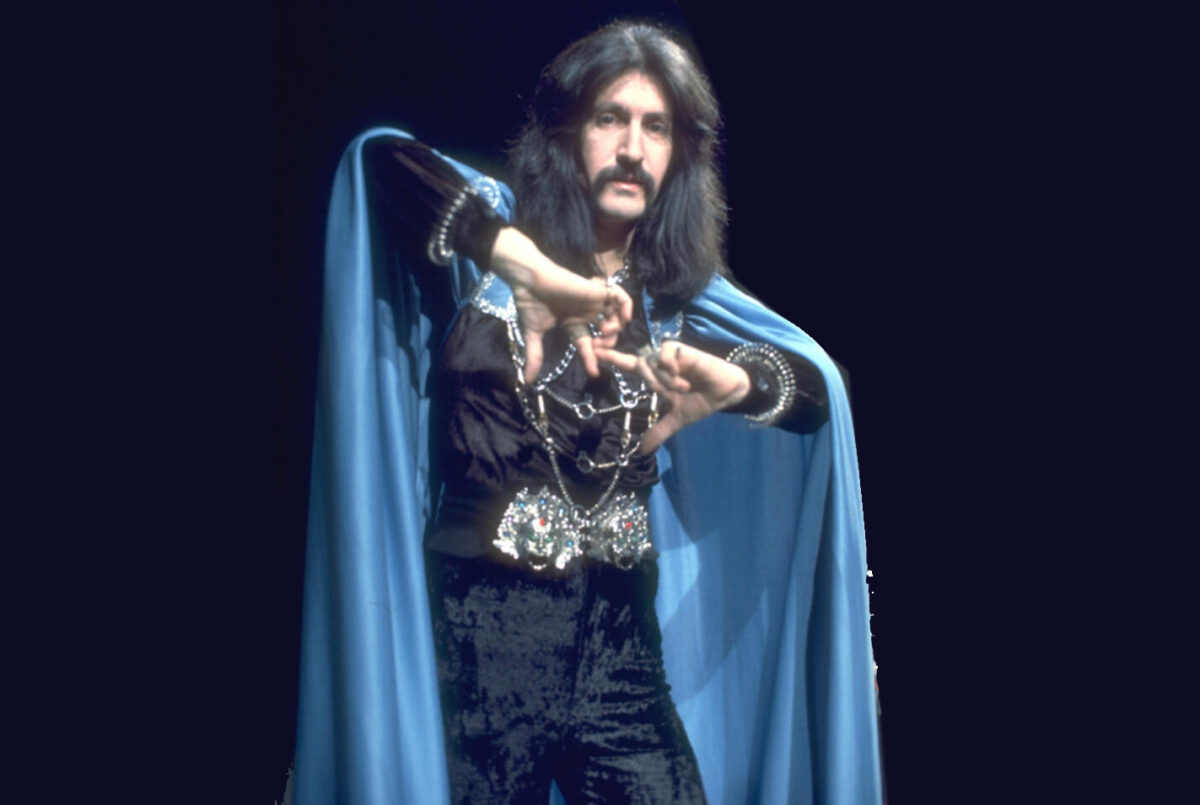
In 1981, Barış Manço released "Sözüm Meclisten Dışarı" with Kurtalan Ekspres. The album featured numerous hit songs, including "Alla Beni Pulla Beni," "Arkadaşım Eşek (My Friend the Donkey)," "Gülpembe (Pink Rose)," "Halhal," and "Dönence," among others. This album stands out as one of their most popular works and played a significant role in boosting Barış Manço's popularity during the 1980s. The success of "Sözüm Meclisten Dışarı" further solidified Manço's status as a prominent figure in Turkish music, showcasing his ability to create enduring and beloved compositions.
In 1988, Barış Manço started hosting and directing the TV show "7'den 77'ye" (From 7 to 77), which aired on TRT 1, the Turkish state television channel. This program, combining music, talk show, and documentary elements, became a major success throughout its eight-year run. Barış Manço, during the course of the show, traveled to nearly 150 countries. One noteworthy segment of the show was "Adam Olacak Çocuk (The Child Will Become A Man)," dedicated to children, which significantly contributed to Manço's popularity among younger audiences. The diverse and engaging format of "7'den 77'ye" solidified Manço's presence not only as a musician but also as a beloved and influential television personality in Turkey.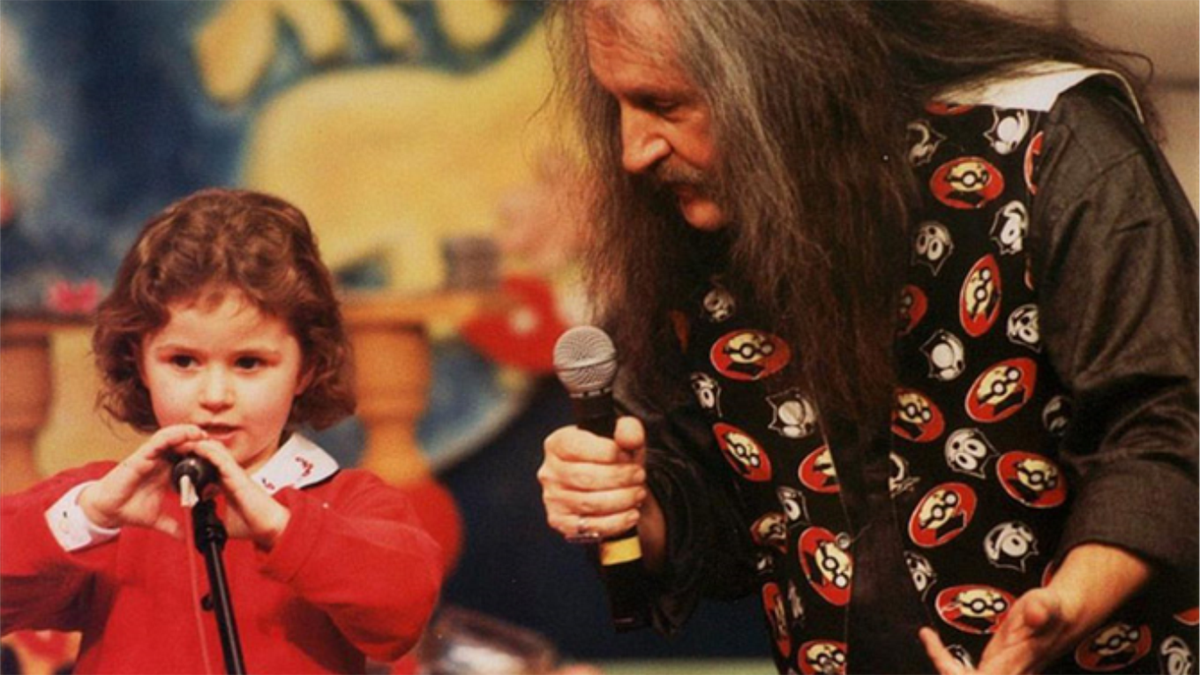
Albums
- Dünden Bugüne (1972) (Sayan)
- 2023 (1975) (Yavuz Plak)
- Sakla Samanı Gelir Zamanı (1976) (Yavuz)
- Baris Mancho, released as Nick The Chopper in Turkey (1976) (CBS Disques/Grammofoonplaten S.A.B.V., CBS 81784, Yavuz LP)
- Yeni Bir Gün (1979) (Yavuz ve Burç Plakçılık)
- 20 Sanat Yılı Disco Manço (1980) (Türküola)
- Sözüm Meclisten Dışarı (1981) (Türküola)
- Estağfurullah ... Ne Haddimize! (1983) (Türküola)
- 24 Ayar Manço (1985) (Emre Plakçılık)
- Değmesin Yağlı Boya (1986) (Emre Plakçılık)
- 30 Sanat Yılı Fulaksesuar Manço - Sahibinden İhtiyaçtan (1988) (Emre Plakçılık)
- Darısı Başınıza (1989) (Yavuz ve Burç Plakçılık)
- Mega Manço (1992) (Emre Plak)
- Müsaadenizle Çocuklar (1995) (Emre Plak)
- Barış Manço Live In Japan (1996) (Emre Plak)
- Mançoloji (1999) (Emre Plak)
- Barış Manço Golden Rollers (2018) (Tunas Tunes)
- Manlac Blues 9 - Demo 1965 - 1966 Volume 1 (2019) (Tunas Tunes)
References
- "İşte Barış Manço'nun gerçek adı". Hürriyet (in Turkish). 8 December 2011. Archived from the original on 26 May 2015. Retrieved 9 December 2011.
- ^ Turkish: [toˈsun juˈsuf mehˈmet baɾˈɯʃ manˈtʃo]
- ^ Variety's Film Reviews 1985–1986 (Vol 19) by R R Bowker Publishing, ISBN 978-0-8352-2799-5
- ^ "Baris Manco". Light Millennium. Retrieved 8 January 2011.
- ^ M. Ali Eren; Muhsin Öztürk (6 February 1999). "Türkiye Barış'ı arıyor" (in Turkish). Aksiyon Dergisi. Archived from the original on 9 December 2015. Retrieved 29 April 2010.








































